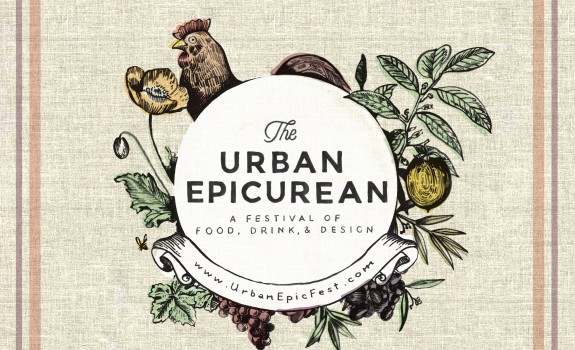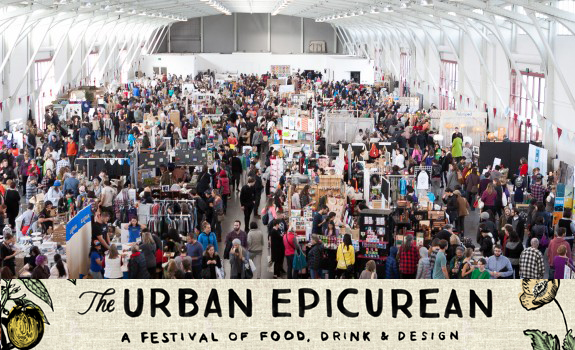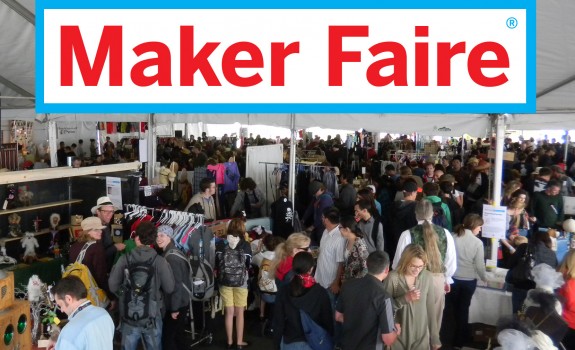Doug MacNeil, a humble bookbinder has created recycled journals from the many piles of books that the public libraries need to discard. He rescues the abandoned hardbacks and selects those that have appealing covers, transforming them into a fascinating and functional product. Concerned about the environment and his search for earth friendly materials, he discovered mounds of very usable paper in the recycling bins of printing shops- discarded as waste – and saw his opportunity. Unbelievable as it is, other then the sturdy wire binding, everything in these distinctive journals is created from junk, rubbish and rejects.
I like this interview, Doug is funny and self deprecating and I love the line ‘i use it for notes & things that i need to document & never look at again’. HAhaha. Well, I’m glad I’m not the only one with 3,000 half filled paper journals stashed all over my house…
I love old books and am so glad that someone is salvaging the covers at least to reuse! How did you get the idea to do that? Are you a collector of books otherwise? Do you ever read them before using the cover?
i work in a bookbindery, and had seen the huge amounts of very useable paper that just get toss into the recycling bins. i would savage what i could & make simple notebooks for my friends. i experimented with using cereal boxes, recover album covers, and beer carrying cases as cover material, but found the old book covers easier & of boarder appeal.
i don’t collect books. i appreciate them & would probably be reading them still if it wasn’t for the hours i waste watching t.v & playing on the computer. i had made myself a rule to be sure to read the book before cutting it apart, but man, i read some really stupid stuff, and i have disregarded that practice.
A friend of mine once referred to her paper journal as her analog blog. Do you keep a journal in one of your books?
i keep a journal when i travel. otherwise i always carry on journal with me, but i use it for notes & things that i need to document & never look at again.
Can you tell me about the process of creating these journals?
the process is relatively simple. i get the books from library dumpster, which is a super treasure hunt for me. the paper is collected from the wasted end cuts from the various printers i do business with. i use a giant guillotine to cut the paper to the size of the cover, and a press punch to create the holes. the wire is bought & is easy to insert.
It is great to find new uses for old stuff. Do you have any other reuse tips for us?
i wish i had some great answer for the re-use, recycling, earth friendly people. so many things that are marketed as green are just a sign of good marketing & have little to do with being green. it does make me feel good that i stumbled on something that is very green friendly. without going into a big diatribe, most people want to be green, or even think they are, and they aren’t putting up a very good effort. i use to volunteer with the friends of the urban forest, and all these big environmentalist people would drive up in suv’s & i wondered if the tress they planted would ever remove from the atmosphere the carbon they created in just that one day. okay, i could go on, but i’ll start ranting.
I’m always interested in other peoples work habits and work spaces. Do you set specific work hours for yourself or work when you’re feeling creative? Are you super organized or messy? What does your workspace look like?
my workspace is a mess, like most my thoughts & my body. there are things on the wall, but i have neither looked at them or cared for them since joe montana was quarterback of the 49ers. i think i get into the productive mode in late afternoon, and then often can’t stop until it is too late to think about a healthy dinner.
What are some other things you like to do when you are not busy making journals?
i go to every baseball game, enjoy hiking, and spending time with my wife.
Who are some of your favorite indie artist/crafters and why do you love them?
truly, the thing i’ve enjoyed most about the d.i.y crowd are the great friendships i’ve developed. i admire so many of them that get an idea & take what i see as huge risk & cost, and gt it out into the market place. i wish i had more of that is me. i’ve made so many friends.
***
An article about Doug!
In San Francisco, a humble bookbinder has created recycled journals from the many piles of books that the public libraries need to discard. Doug MacNeil rescues the abandoned hardbacks and selects those that have appealing covers, transforming them into a fascinating and functional product.
MacNeil is very concerned about the environment and his search for earth friendly materials has taken him on this latest voyage. He discovered mounds of very usable paper in the recycling bins of printing shops- discarded as waste – and saw his opportunity. Unbelievable as it is, other then the sturdy wire binding, everything in these distinctive journals is created from junk, rubbish and rejects.
“I really enjoy this,” says Mr. MacNeil, from behind his card table at an urban fair in San Francisco. “Going to the library to get the old books is like a treasure hunt. Finding the paper can be an adventure, but we need that kind of excitement in our lives.” It is easy to see that MacNeil likes the craft fairs best. He jokes, chats and lures customers in an ever-friendly attempt to “close that sale.” “I enjoy the fellowship I’ve developed with the other vendors and the promoters seem to think I’m a great asset,” he says with a sly grin.
“I’ve always had a love for paper products” is the simple reason that MacNeil has developed the journal business. He began many years ago, while still in college, making interesting notebooks for his friends. He would use cereal boxes and record album cases as the covers. These friends kept insisting that his journals could be a commercial success, but it wasn’t until the discovery of the library discards that he tried to make it happen. “Commercial success? I’m lucky if I break even,” he jokes, which is easy to understand considering MacNeil seems to give more of his product away then he sells.
MacNeil’s concern for the environment is noble. Every decision, from what he is going to eat, to where and how he travels, is dependent on carbon credits and the impact on nature. “Recycling is good, but it isn’t an answer or a solution.” He quickly grabs a well placed journal and draws a graph describing a relationship between carbon emissions and standards of living. “The ‘better’ we live, the more carbon we put into the atmospheres, and the more global warming we cause. Everyone talks a good game, but until we accept a reduction in what some perceive as the ‘quality’ of life, this planet is doomed.” Then a smile returns to his face, “And if I continue with the journal business, I’m definitely going to achieve a reduction in my standard of living.”
You can find Mr MacNeil at his web site: www.recoveryourthoughts.com
***
Minnie, the interviewer, blogsa bout crafting a Thank you for not being perky.










